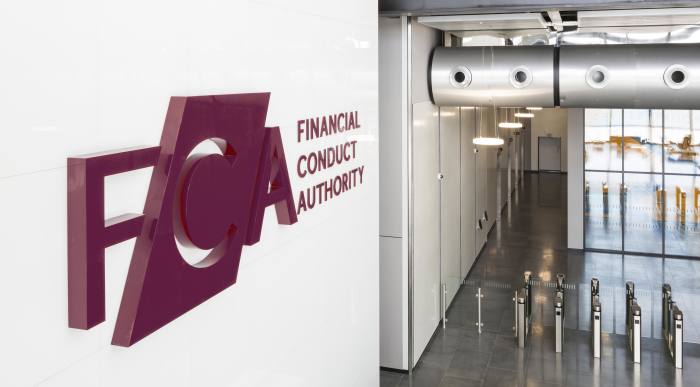
The number of fines issued by the Financial Conduct Authority (FCA) more than doubled last year, rising from 10 in 2021 to 26 in 2022, according to international law firm RPC.
Fines relating to the mistreatment of retail customers in 2022 covered a number of areas, including offering poor advice regarding pension transfers, investing in risky assets within a self-invested personal pension and poor treatment of customers in guarantor loans.
Jonathan Cary, partner at RPC, said the jump in the number of fines is in part a response to the Treasury Select committee 2021 report on the mini-bond scandal recommending that the FCA be more “decisive” and “proactive” to protect retail investors.
The FCA has said that it is determined to protect consumers whose financial stress during the cost of living crisis might lead them to making unwise decisions in terms of investment or borrowing.
The number of FCA fines levied against individuals also rose, from only three in 2021 to 10 in 2022.
The City watchdog’s position is that fines against individuals are an effective way of deterring misconduct.
Cary said: “With the sharp increase in the number of fines in 2022, which follows a significant jump in the number of investigations opened, the FCA is sending a clear message that it is ‘back in business’ following the pandemic and that misconduct will not be tolerated – especially where retail customers may suffer harm.
“Alongside its enforcement activities and levying of fines and other penalties, we have also seen the FCA taking a more proactive and assertive approach to supervision with what it has termed 'interventions'.”
He said the FCA’s actions include wide-ranging powers to impose requirements or variation of permissions, often on an urgent basis.
"Looking ahead into 2023, we can expect to see enforcement action in relation to the implementation by firms of the FCA's new consumer duty,” he said.
Cary explained that the new consumer duty requires firms to clearly demonstrate they are prioritising their customers and, where problems do arise, they are able to look at the root causes objectively.
There will also be a change in leadership as the current FCA executive director of enforcement and market oversight, Mark Steward, is standing down in the spring after seven years.
“It will be interesting to see whether his successor continues in the same direction or looks to plot a different course,” Cary added.
“A particular challenge for the new executive director of enforcement, and the FCA more broadly, is how to balance the need to keep a sufficiently tight rein on the financial services industry and the government’s recently announced reforms to drive economic growth in the industry.”
sonia.rach@ft.com
What do you think about the issues raised by this story? Email us on FTAletters@ft.com to let us know





